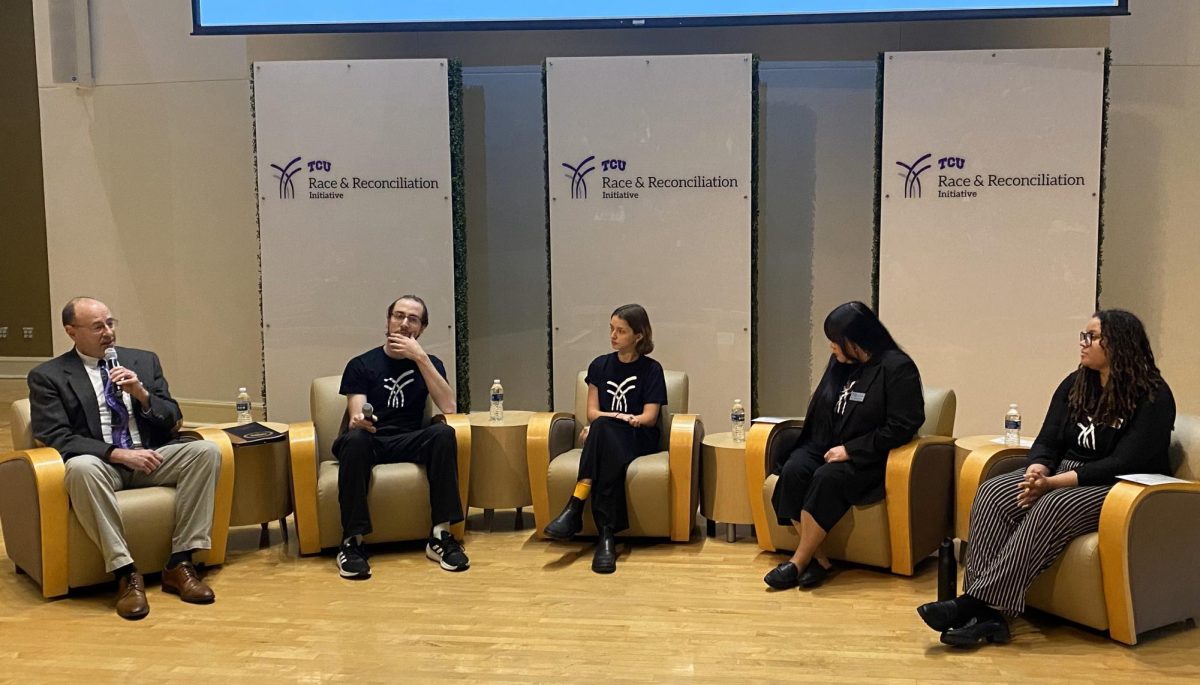Pain relief is available in many forms, yet people around the world are still suffering needlessly.If a TCU student has a headache, they can go to Frog Bytes and pick up some Tylenol without any trouble.
Over-the-counter medication is readily accessible to those who need it. If an arm breaks, a doctor in the U.S. can prescribe the appropriate pain relief immediately.
In our part of the world, for many, suffering from a lack of medicine is not an issue. These pain relieving drugs are legal, safe when used as directed and easily found.
Though this is true throughout most developed countries, many are suffering because of the fear of addiction in patients, which could result in increased drug crimes.
According to an article in the New York Times this week, the theme in this case is not poverty. Growing opium poppy is cheap and it is grown abundantly, along with codeine, in many places like Australia, Turkey, India and France.
If the Earth’s resources were appropriately used, fewer people would face death in immense pain. Unfortunately, according to the World Health Organization, 4.8 million people suffering from cancer do not receive any treatment for pain.
The majority of the world population lives in middle-income to poor countries, but according to the International Narcotics Control Board, only 6 percent of the morphine produced in the world is used.
These numbers could be less devastating if the doctors addressed their fear of patient drug addiction.
Many hospitals in poor countries do not have the equipment necessary to treat cancer, even when detected early on. The simple explanation is that they just cannot afford it. Even if such advances in technology were available to poor countries, those in need cannot afford these treatments. Cancer is largely a death sentence in these countries, and these deaths are slow and painful. There have been reports of suicide directly related to cancer patients and AIDS victims who do not have access to pain medication. It would make more sense to let those who are going to die take the medicine that would let them take their deaths into their own hands.
It is humane to try to bring an end to suffering. Life is shorter to the people who know how, when and why they are going to die. It seems unfair that while most in the United States can receive relief from a broken arm, painful burns and a variety of other ailments, that others are doomed to die in pain. Resources are not scarce, but the doctors’ faith in the staff, patients and community is.
Hayley Freeman is a sophomore English major from Fort Worth.




